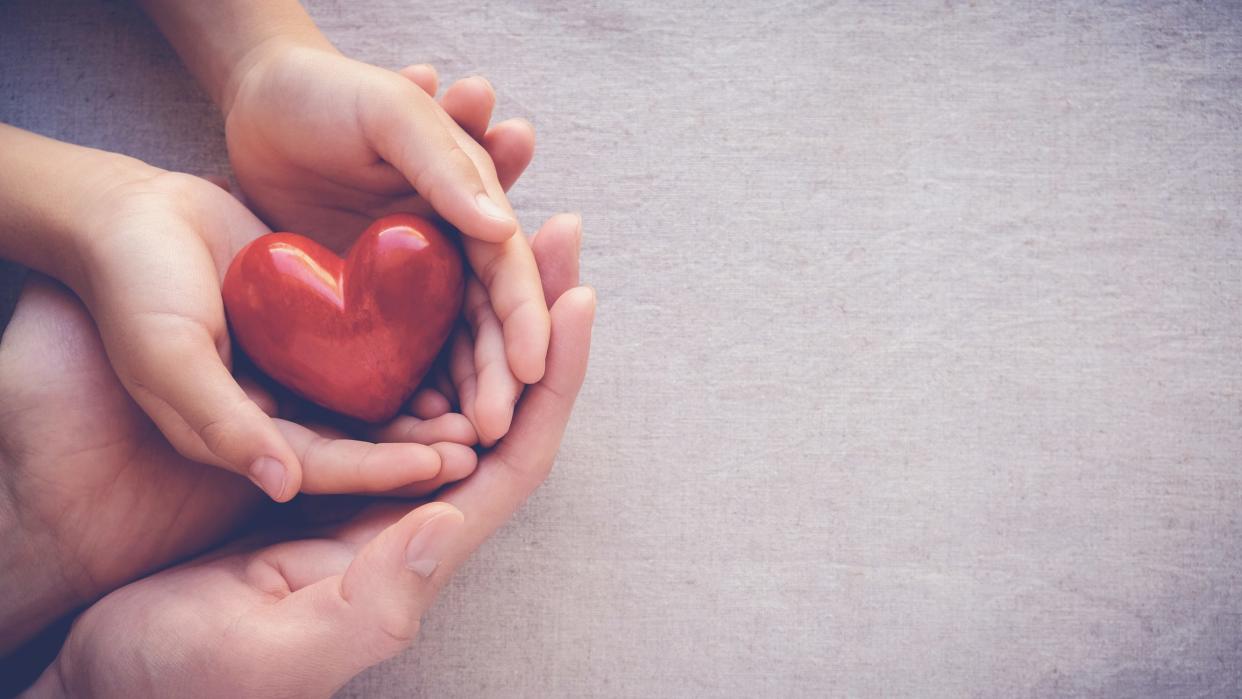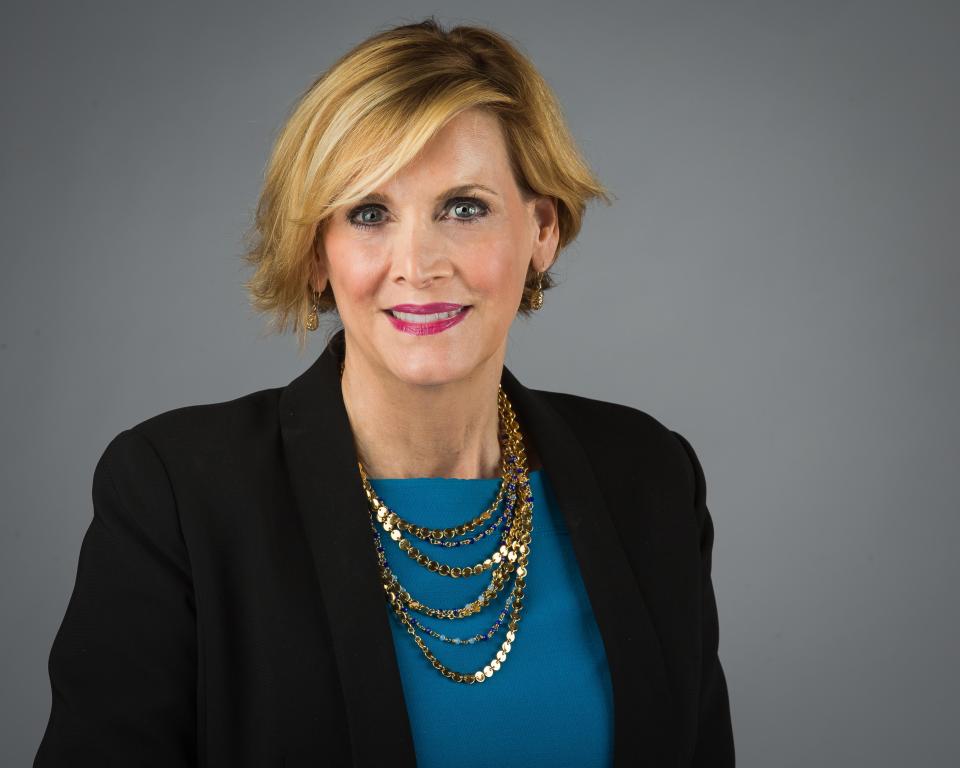Guest: Well-being of Oklahoma children remains among worst in US. That is unacceptable

It’s the week of Giving Tuesday, and there will be an abundance of requests for support hitting our inboxes. There are a seemingly limitless number of great service providers and amazing causes in our community, state and around the world.
More from Melon-Tully:Viewpoint: Hope is important to the success of children
As nonprofits continue to navigate their way out of a pandemic and reimagine new ways to create impact, one thing hasn’t changed. Many of our families and children are struggling. Our nonprofit sector, along with community partners, are tasked with providing services to fill the gaps. The complexities of these needs require collaboration and strategic direction to do more than serve immediate short-term problems. For example, The Regional Food Bank of Oklahoma doesn’t just want to fill hungry stomachs; it wants to end hunger. And, the Oklahoma City Public Schools Foundation isn’t really in the coat business, but we raise money for our Coat a Kid campaign because we know that a child without a coat on a cold winter morning isn’t getting to school ready to learn.
There is a wonderful story shared by the Masai tribe in East Africa. Whenever one Masai greets another, they ask a question, “Kasserian Ingera?” This is not the common, “How are you.” Instead, it means, “How are the children?” This question is wonderfully revealing about the values of the Masai society. Their first concern is for the next generation.
The hoped-for reply is meaningful, as well. The hoped-for reply is, “ALL the children are well.” Not my children. Not some of the children. The best and hoped-for reply is ALL the children are well. The Masai know that their society cannot be well unless all their children are also well.
This question about the wellness of children is revealing not just of the Masai’s society, but of ours. Whatever metrics we set for ourselves, and whatever achievements we boast of, mean nothing without the health of our society. And, the health of our society is dependent on the health and well-being of our children.
My husband and I traveled to East Africa is early 2022, and it was the most memorable trip in both of our lives. We saw gorgeous, majestic landscapes and the most beautiful, amazing animals in their natural habitats. We also saw tremendous poverty and suffering, and many members of the Masai tribe. Since I’d always been enamored with their story, I asked for confirmation and received an answer that it indeed is true. The Masai use this greeting as a way to indicate putting their children’s welfare above all else.
The Masai, by nature of where they live, their lack of education and access to resources can only do so much to ensure the wellness of their children by the typical standards we set. It is also abundantly clear that we can do so much more to ensure the wellness of our children in Oklahoma. The well-being of children in our state remains among the worst in the United States, and that is unacceptable. We can do better, and we must do better to not only fill short term needs, but create sustainable change for our children.
As you decide where to give this Giving Tuesday and beyond, please remember to ask yourself, “How are the children?
Mary Mélon-Tully is president and CEO of the Oklahoma City Public Schools Foundation.

This article originally appeared on Oklahoman: Guest column: Why child well-being is revealing about our society

